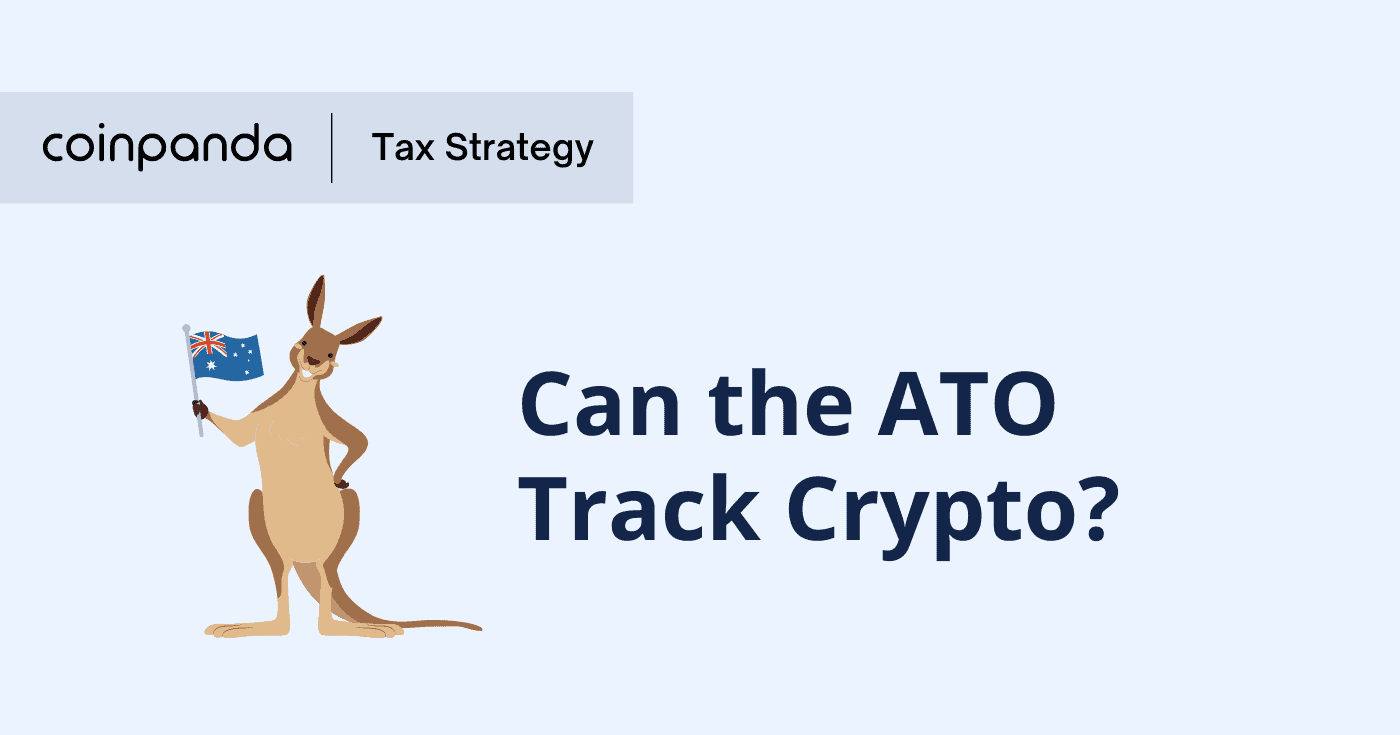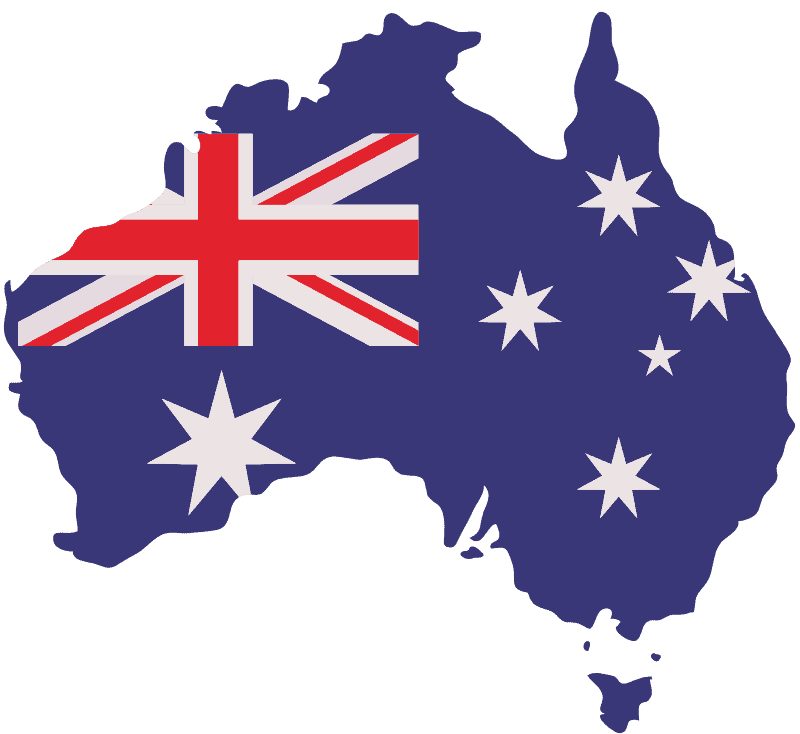As 2023 unfolds, many Aussie cryptocurrency users have one crucial question: Can the ATO track crypto? Contrary to the common belief that cryptocurrency transactions are fully anonymous, the reality is quite the opposite.
This article sheds light on the different methods the ATO uses in tracking cryptocurrency, the type of information they can gather on your crypto activity, and which exchanges disclose customer data to the ATO.
Key takeaways
- The ATO can track cryptocurrency transactions through a data matching program that collects information from Designated Service Providers (DSPs).
- The ATO may use blockchain analysis tools and international data sharing via the Common Reporting Standard (CRS) to trace cryptocurrency transactions, including those outside Australia.
- The ATO also has the ability to track non-fungible tokens (NFTs) transactions in addition to traditional cryptocurrencies.
- Australian exchanges, including CoinSpot, CoinJar, and Binance Australia, are obligated to report transaction data to the ATO for tax compliance purposes.
Can the ATO track crypto?
Yes, the Australian Taxation Office (ATO) has the ability to track cryptocurrency transactions. Through the data matching program, the ATO receives data from Australian cryptocurrency Designated Service Providers (DSPs) about the purchase and sale of cryptocurrency.
The ATO can use this data to compare against the information individuals report on their tax returns. If discrepancies are found, the ATO can investigate further to ensure individuals correctly report their cryptocurrency gains or losses.
How can the ATO track crypto?
Firstly, the ATO uses the data matching program to track cryptocurrency. It receives data from Australian cryptocurrency Designated Service Providers (DSPs) that detail the buying, selling, and transferring of cryptocurrency. This data includes transaction dates, types, quantities, wallet addresses, and counterparties.
Furthermore, international cooperation between tax authorities has also strengthened in recent years. Under the Common Reporting Standard (CRS), financial institutions in many countries report details of financial accounts held by foreign tax residents to their local tax authority. The information is then shared between the countries. This means the ATO could potentially track crypto transactions occurring outside Australia as well.
It’s also possible that the ATO uses advanced blockchain analysis tools to trace cryptocurrency transactions. Many tax authorities around the world, including the IRS in USA, are already using analysis tools from providers such as Chainalysis to identify which wallet addresses belong to specific individuals or entities.
Can the ATO track NFTs?
Yes, the ATO can track non-fungible tokens (NFTs), similar to how it tracks cryptocurrency. The ATO obtains information from various cryptocurrency Designated Service Providers (DSPs), which not only deal with traditional cryptocurrencies but also handle transactions related to NFTs. These transactions, like buying or selling NFTs, can be reported to the ATO.
Which Australian exchanges report to the ATO?
Australian cryptocurrency exchanges, also known as Designated Service Providers (DSPs), are obligated to report transaction data from their customers to the ATO. This includes large, well-known exchanges such as:
- CoinSpot
- CoinJar
- BTC Markets
- Swyftx
- Digital Surge
- Independent Reserve
- Binance Australia
Exchanges operating in Australia are required to collect KYC data from their customers and share this information with the ATO to ensure tax compliance. The exact data reported can include details about the transaction dates, types, quantities, wallet addresses, and more.
Which exchanges are AUSTRAC registered?
In Australia, cryptocurrency exchanges must be registered with the Australian Transaction Reports and Analysis Centre (AUSTRAC) to operate legally. This regulatory oversight is designed to mitigate potential risks associated with money laundering and terrorism financing, ensuring that Australian crypto investors have access to safe and trusted exchange platforms.
All exchanges mentioned in the previous section are currently registered with AUSTRAC. However, the list of registered exchanges can change over time as new platforms join the market or existing ones cease operations, such as what happened with FTX in 2022.
Does Binance report to the ATO?
Yes, Binance reports to the ATO since all cryptocurrency exchanges operating in Australia are subject to the financial regulations set out by the Australian government. These rules require Designated Service Providers (DSPs), including cryptocurrency exchanges, to report certain transaction data to the ATO.
Additionally, international cooperation through the Common Reporting Standard (CRS) can also enable the ATO to receive information about transactions made by Australian residents on foreign exchanges like Binance.
Does Coinbase report to the ATO?
Yes, being registered with AUSTRAC, Coinbase reports customer data to the ATO as per the current financial regulations required for serving Australian customers.
Although it’s unknown how much customer data the ATO has requested from Coinbase, the safest approach for all Australian crypto investors using Coinbase is to assume that the ATO has records of their entire transaction history.



